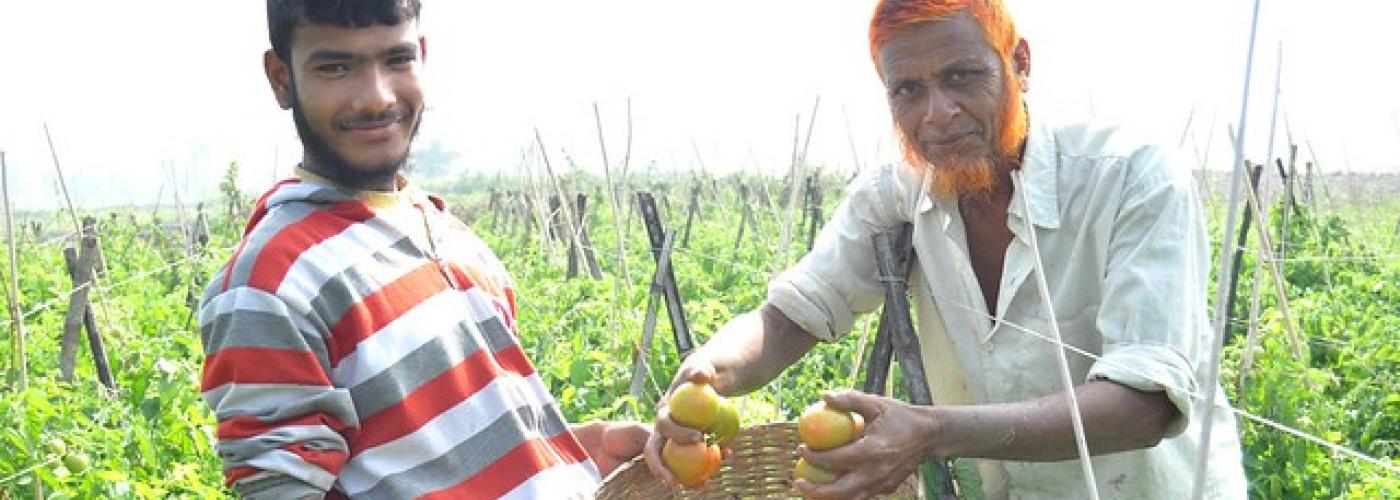Final Report: Bangladesh USAID Agricultural Value Chains (AVC) Project
Image

This post introduces a resource from USAID/Bangladesh about the Agricultural Value Chains (AVC) project that ended in January 2019. This project used a market systems approach and partnered with private sector firms and companies in Bangladesh. The report highlights aspects of the project:
- Worked with input supply companies to introduce and expand the sale and use of higher-quality inputs such as seeds, fertilizers, biopesticides, etc.
- Collaborated with the Dhaka Chamber of Commerce and Industry (DCCI) and helped businesses respond to challenges and opportunities in the agricultural sector.
- Catalyzed changes in how firms share information and collaborate with one another through stakeholder workshops and fostering sector-level cooperation and information-sharing.
Executive Summary
In January 2019, the Agricultural Value Chains (AVC) project closed after five and a half years of successful implementation. Following a market systems approach, it forged key partnerships with 42 of the most influential private sector firms and organizations in Bangladesh. Through these agreements, AVC leveraged the private sector firms’ and organizations’ own interests and investment opportunities to drive more inclusive growth in the Southern Delta’s agricultural sector. These interventions resulted in benefits to 307,419 rural households and saw 305,408 farmers applying new technologies or management practices. By introducing tools and strategies to increase yield and efficiency, the project supported a 131 percent increase in yield per hectare of targeted value chain crops, interventions created 111,662 full-time equivalent jobs, and incremental sales to the tune of $117 million have been realized. Additionally, AVC-supported activities were found to have improved the nutritional awareness of 59 percent of beneficiaries, leading to improved diets. Through partnerships with microfinance institutions (MFIs) and commercial banks, 6,370 micro, small, and medium-sized business owners and entrepreneurs, including farmers, gained access to loans and insurance products through private financial institutions as a result of AVC efforts. AVC also helped MFIs to refine and market their financial products to make them more suitable to the specific needs of their customers. Of those gaining access to financial services, 43.48 percent were women.
In addition to the exceptional indicator results highlighted above, AVC continued to implement all activities through a market systems approach, working to generate sustainable inclusive growth and behavior change among private sector firms. As a result, many partner organizations experienced impressive business growth and maturity, and these firms invested $19.4 million into the agricultural sector. Such organizations attributed such growth directly to their relationship with the project, and the investments in their business as a result of interventions will continue to generate returns for the Southern Delta agricultural market for years to come.
To learn more about the project objectives, challenges, implementation, and results, read the full report online.

